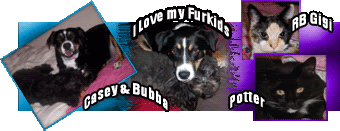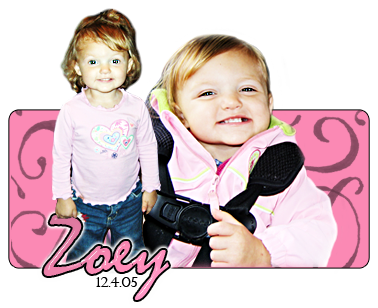Here is another thought. Obviously I don't know the floorplan of your house, but could you close a couple of doors, and have one area of the house for the cats, so they stay in the house all the time and have their own food and litter boxes? Then, have a separate area of the house for the dogs, with a dog door leading to the yard? You could always close the dog door when you get home and let everyone out together, with supervision.
Pugs are good small dogs, in general, for young children. They are far sturdier than most dogs their size, and generally easy going and happy.
One thing I'd recommend is getting two dogs. Dogs are pack animals, and I do believe that one dog alone all day is not the best situation. Two dogs keep each other company.
In May I got two JRT puppies. Yes, in a way it's more difficult, especially housetraining. Hmmmm .... which one of you made that puddle? But, OTOH, it's easier in a way because they play with each other a lot, thus giving you a break from constantly entertaining and being a chew toy for the puppy. But, I work at home, so I was here for the dreaded house training/chewing months. I honestly would never have attempted a puppy when I worked away from home all day.
Another thing I've learned in my decades of working with dogs is that there is NO truth, absolutely and across the board, to either side of the "best to get a puppy/best to get an adult" debate.
Yes, puppies can be trained the way you want. Provided of course, that you have the patience/time/knowledge/desire to do it properly. For many, many years of my life, I did not. Not at all. That didn't make me a bad dog owner. I was busy, working full time and raising a child. So I got adult, already basically trained dogs.
And one thing everyone who gets a puppy would be wise to remember: Yes, there is a LOT that training/environment/upbringing can do to mold a puppies temperment. However, there is also a LOT of the dog's personality that is hard-wired before birth. Just like with humans, nature vs. nuture. And you are not going to know definitively the personality that little fuzzball puppy is going to have as an adult. Example: My cocker spaniel Lacie was an aloof, independent adult dog. She didn't want to snuggle, didn't want to be held. She would tolerate it, but never thrived on attention or sought it out. I got her at six weeks old and trained her. She never had a bad experience in her life. It was just her innate personality. And it wasn't the innate personality I would have chosen, had I got an adult dog. I loved her, and had her for fifteen years. But her "puppy personality" gave no clues to what her "dog personality" was going to be.
One nice thing about getting an adult dog from a rescue, is that the rescue folks have done a lot of the hard work for you. They have evaluated the temperment, worked on the house training, chewing, etc. They are VERY invested in that dog, and if its not a good match, they are going to be the first to tell you. That is my recommendation for you. Find a good pug rescue, and start working with them. It may take some time, but eventually they will help you find a couple of perfect dogs for you.
"We give dogs the time we can spare, the space we can spare and the love we can spare. And in return, dogs give us their all. It's the best deal man has ever made" - M. Facklam
"We are raised to honor all the wrong explorers and discoverers - thieves planting flags, murderers carrying crosses. Let us at last praise the colonizers of dreams."- P.S. Beagle
"All that is gold does not glitter, Not all those who wander are lost; The old that is strong does not wither, Deep roots are not reached by the frost. From the ashes a fire shall be woken, A light from the shadows shall spring; Renewed shall be blade that was broken, The crownless again shall be king." - J.R.R. Tolkien
Originally Posted by lizbud






 Reply With Quote
Reply With Quote
 at the 'get some puppies'. But more on the fact does this mean 2-3- or 9?
at the 'get some puppies'. But more on the fact does this mean 2-3- or 9? 














Bookmarks